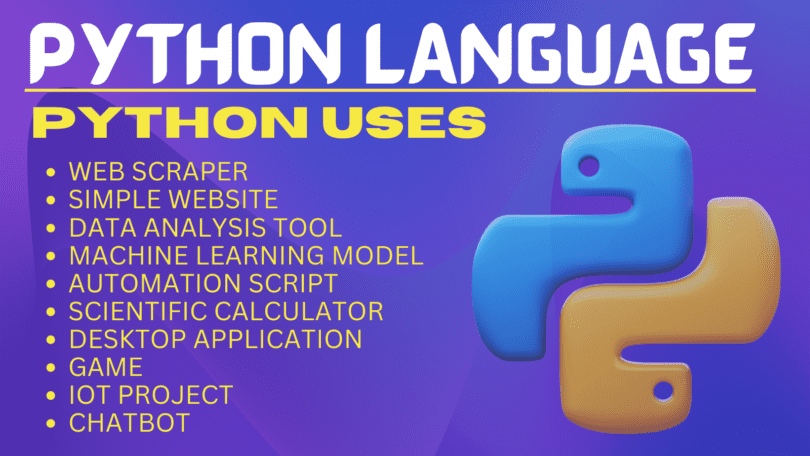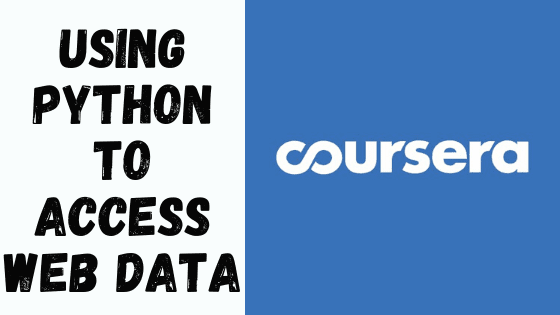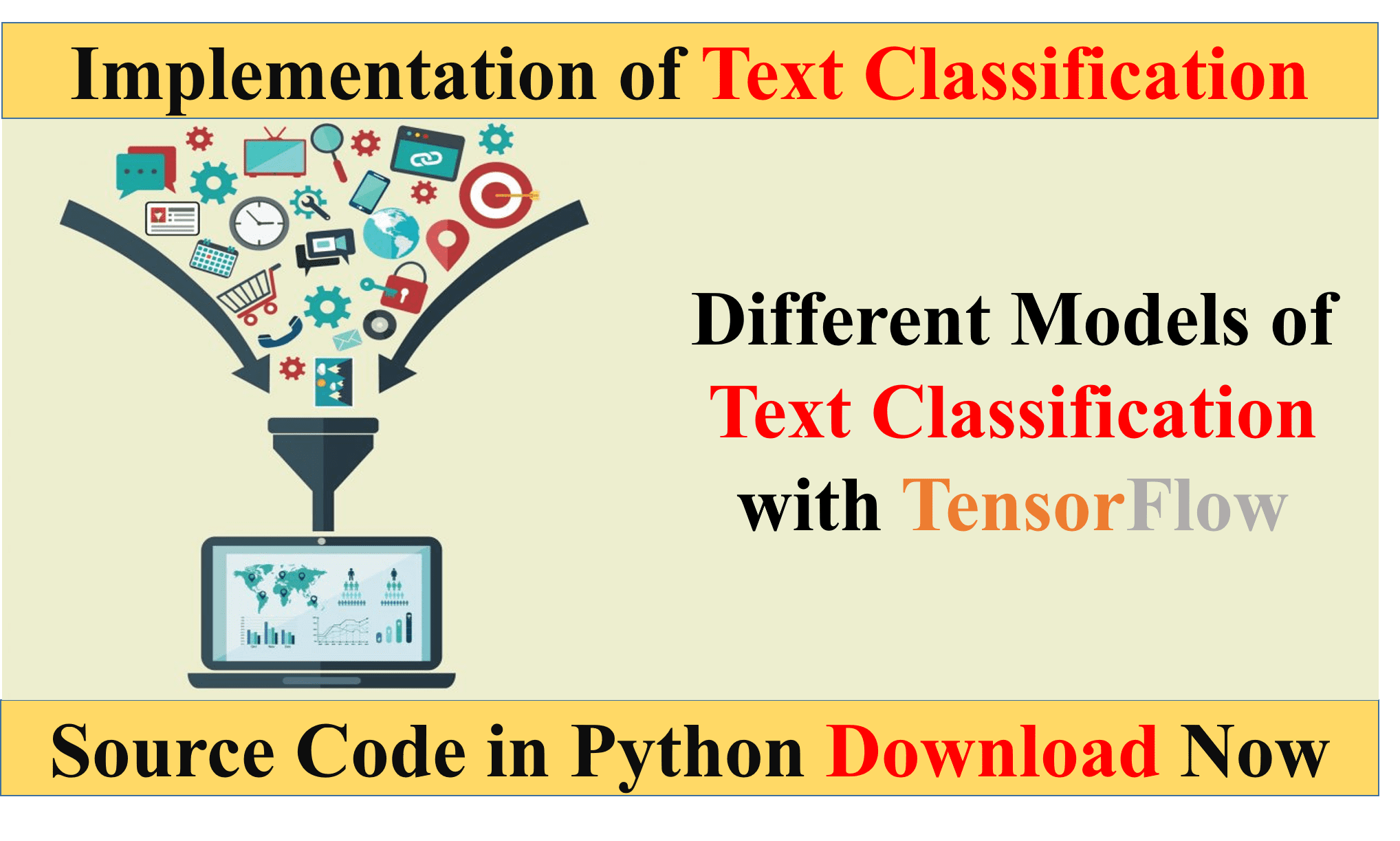Introduction to Python programming language:
Python is a high-level, interpreted programming language known for its simplicity and versatility. It is widely used across various industries due to its ease of learning and powerful capabilities.
What is Python?
Python is an open-source, object-oriented programming language that emphasizes code readability and simplicity. Guido van Rossum developed Python in the late 1980s, and it has since evolved into a dynamic and multifaceted language.
History of Python
Python’s journey began in the late 1980s when Guido van Rossum, a Dutch programmer, initiated its development. The first official release, Python 0.9.0, came out in 1991, marking the beginning of its legacy in the programming world.
Why Choose Python?
Python’s popularity stems from its user-friendly syntax, extensive libraries, and cross-platform compatibility. Its ability to integrate with other languages and frameworks makes it an ideal choice for both beginners and seasoned developers.
Basics of Python Programming Language
To grasp the fundamentals of Python, one must understand its basic components and syntax, including:
Variables and Data Types
In Python, variables are used to store data values. The language supports various data types, including integers, floats, strings, lists, tuples, and dictionaries.
Operators and Expressions
Python provides a wide array of operators, such as arithmetic, comparison, logical, and assignment operators. Expressions are constructed using these operators to carry out specific tasks.
Control Flow
Control flow in Python involves decision-making and looping constructs, including if-else statements, loops, and conditional statements like “for” and “while.”
Functions and Modules
Functions are essential building blocks in Python that enable code reusability and modularity. Modules, on the other hand, are Python files containing functions, statements, and variables.
Advanced Python Concepts
As developers progress in their Python journey, they encounter advanced concepts that expand the language’s capabilities, such as:
Object-Oriented Programming
Python supports object-oriented programming (OOP) principles, allowing the creation and manipulation of objects with attributes and methods.
Exception Handling
Exception handling in Python involves managing and responding to unexpected errors that may occur during the execution of a program.
File Handling
Python’s file handling capabilities enable reading from and writing to files, making it a valuable tool for data manipulation and storage.
Regular Expressions
Regular expressions in Python facilitate powerful string matching and manipulation, aiding in complex text processing tasks.
Python Libraries and Frameworks
Python boasts a vast array of libraries and frameworks that expedite development in various domains, including web development, data science, and artificial intelligence.
Python Programming Language
Python finds extensive application in diverse domains, shaping the future of technology in many ways, including:
Application Domains
Python is widely used in fields such as web development, data science, machine learning, and automation, showcasing its adaptability and versatility.
Future of Python
With continuous advancements and widespread adoption, Python is poised to play a pivotal role in shaping the future of technology across multiple sectors.
Python vs Other Languages
Comparing Python with other programming languages highlights its unique features, strengths, and areas where it outshines its counterparts.
Python Community and Support
The robust Python community fosters collaboration and knowledge sharing, providing a supportive environment for developers worldwide.
Python in Data Science
Python’s extensive libraries and frameworks make it a dominant force in the realm of data science, enabling various data-related tasks such as:
Data Analysis with Python
Python’s data analysis tools, including Pandas and NumPy, facilitate the manipulation, transformation, and analysis of large datasets.
Machine Learning with Python
Python’s machine learning libraries, such as TensorFlow and Scikit-learn, empower developers to build and deploy machine learning models for predictive analysis and pattern recognition.
Python for Artificial Intelligence
With its robust ecosystem, Python serves as a prime choice for developing artificial intelligence solutions, including natural language processing, image recognition, and deep learning algorithms.
Visualization with Python
Python’s visualization libraries, such as Matplotlib and Seaborn, provide powerful tools for creating interactive and insightful data visualizations.
Big Data and Python
Python’s integration with big data technologies, such as Apache Spark and Hadoop, makes it a preferred language for handling large-scale data processing and analysis.
Python in Web Development
Python’s agility and efficiency have made it a popular choice for web development tasks, including:
Flask and Django Frameworks
Flask and Django are two widely used Python web frameworks, offering developers a streamlined and efficient approach to building web applications.
Web Scraping with Python
Python’s web scraping capabilities enable the extraction of data from websites, empowering businesses with valuable insights and competitive intelligence.
Building APIs with Python
Python’s robust libraries and frameworks make it an ideal tool for creating and managing Application Programming Interfaces (APIs) for seamless data exchange and communication between different systems.
Real-Time Applications
Python’s real-time application capabilities, when combined with frameworks like Flask-SocketIO, allow developers to build interactive and responsive web applications that cater to dynamic user demands.
Python Security
While Python offers robust functionality, it’s crucial to prioritize security measures to ensure safe and reliable applications by considering:
Best Practices for Secure Coding
Adhering to secure coding practices and principles helps mitigate the risk of vulnerabilities and ensures the overall robustness of Python applications.
Common Security Threats
Understanding common security threats in the context of Python empowers developers to proactively safeguard their applications against potential risks and breaches.
Handling Vulnerabilities
Timely identification and mitigation of vulnerabilities play a critical role in maintaining the integrity and security of Python applications.
Python for Automation
Python’s automation capabilities make it an indispensable tool in various automation tasks, including:
Automation with Python
Python’s automation functionalities streamline repetitive tasks, allowing for increased efficiency and productivity in various business processes.
Task Scheduling with Python
Python’s scheduling capabilities enable the automation of routine tasks, ensuring timely execution and seamless workflow management.
Python in DevOps
Python’s integration with DevOps practices facilitates streamlined development and deployment workflows, fostering collaboration and efficiency among development and operations teams.
Scripting with Python
Python’s scripting capabilities enable the automation of complex operations and workflows, providing developers with a flexible and powerful scripting language for various automation tasks.
FAQs
What are the main features of Python?
Python boasts an array of features, including simplicity, readability, vast standard libraries, and cross-platform compatibility.
How is Python used in Data Science?
Python is extensively used in data science for data analysis, machine learning, and visualization tasks, owing to its rich libraries and frameworks tailored for data-related operations.
Is Python suitable for web development?
Absolutely. Python’s versatile nature and robust web frameworks, such as Flask and Django, make it an excellent choice for web development, ensuring efficient and scalable web application development.
What are the security concerns related to Python?
While Python offers robust functionality, developers must remain vigilant against potential security threats, such as code injection, insecure dependencies, and data breaches.
How does Python contribute to automation?
Python’s automation capabilities, coupled with its extensive libraries and frameworks, make it a preferred choice for automating repetitive tasks and streamlining various business operations.
What are the career prospects for Python developers?
With the increasing demand for Python across various industries, the career prospects for Python developers are promising, offering diverse opportunities in web development, data science, automation, and more.








Leave a Comment